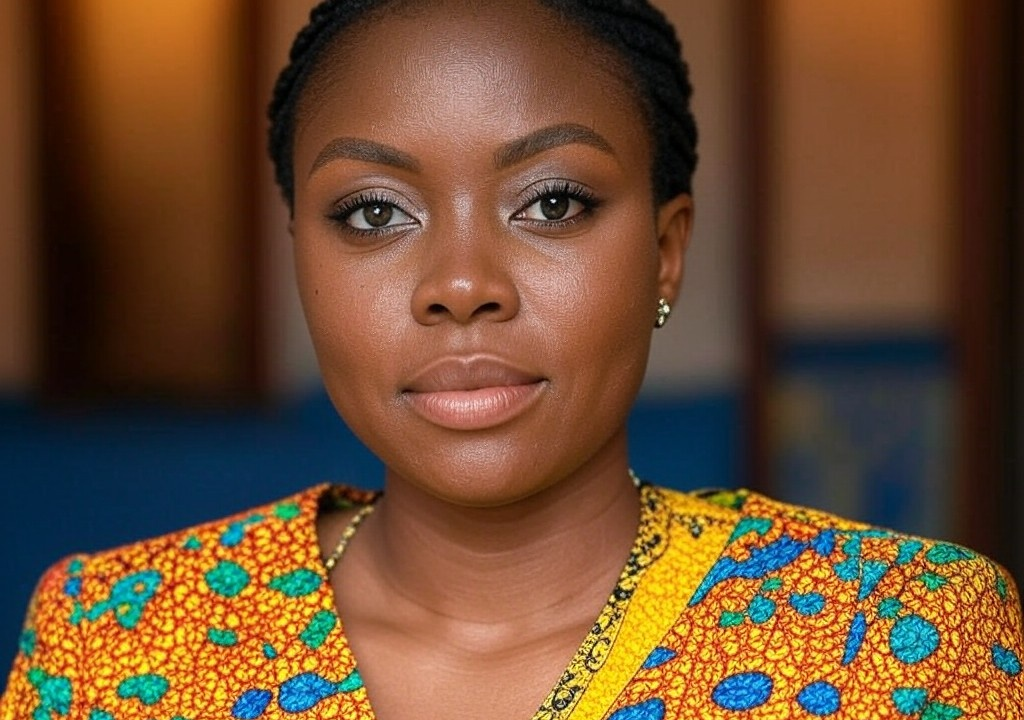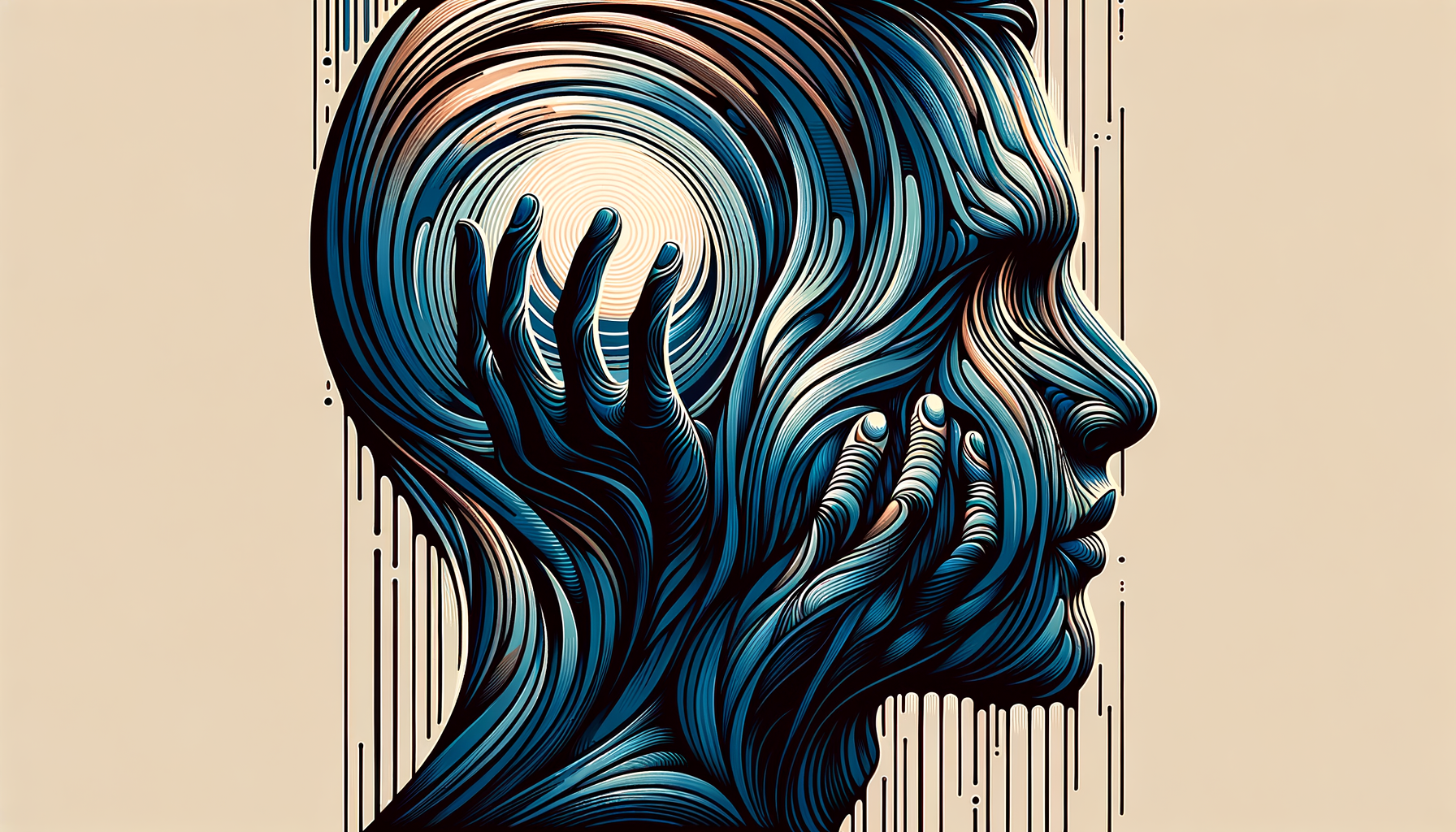Why I Chose This Path
I didn’t wake up one morning and decide to write about love and relationships. Frankly, growing up in Nigeria—a place where talking openly about love feels like confessing to a crime in front of the whole village—I didn’t even know this path existed. My career plan was structured, sturdy, and, to anyone who asked, properly “respectable.” Study sociology, work to empower women through advocacy, and create systems that drive social change. Love and dating? That was something you whispered about while praying your mother didn’t overhear.
But life, much like romance, has a way of surprising you. It takes one unexpected encounter to push your story into a whole new direction.
The Spark: Love as Sociology in Disguise
During my time at the University of Lagos, sociology classes dug deep into what really makes people tick. I was fascinated by how human connections—family, friendships, partnerships—shaped society more than any law or government policy ever could. The lectures peeled back the layers of relationships in ways both scientific and personal.
And yet, in our culture, the topic of dating still felt delicate. Nigerian parents are quick to say, "Focus on your books," but conveniently ignore the fact that you’ll eventually need a spouse and (preferably) two grandchildren by 30. Conversations about the in-between—how to meet people, how to communicate, how to navigate heartbreak—were mostly taboo.
It brewed questions I couldn’t ignore. Why don’t we talk honestly about relationships when they make up so much of our lives? Why don’t we give young people the tools to explore them healthily, alongside their ambitions?
From Advocacy to Authenticity
It wasn’t until I started working for NGOs that relationships became a recurring theme in my life. I traveled across West Africa—Ghana, Senegal, South Africa—hearing incredible stories of strength and resilience, often centered around connection.
I met women rebuilding their lives after turbulent marriages and young people pushing cultural boundaries for love across class, religion, or even language. These weren’t just anecdotes—they were proof that relationships hold power. They can destabilize or fortify us.
And even then, the usual advice they were offered—“Just endure”; “Be strong for the children”; “Men are the way they are”—felt like a flimsy Band-Aid over a deeper issue. There’s richness in tradition, yes, but there’s also suffocating silence where honest conversations should be.
So I started documenting the untold parts of these stories, and somehow, telling others’ experiences unlocked my own voice. Writing about connection and love felt natural. Like I’d been circling this path for years without realizing it was there.
From Traditional Matchmakers to Modern Relationships
I often laugh about how much African matchmaking has evolved. In Abuja, matchmaking was less about algorithms and more about seasoned aunties quietly observing your Facebook posts for any "inappropriate behavior." Whether they slid into DM conversations or slid past them to start discussions with your mother instead, they were, hilariously, like offline dating apps. No swipe left—just say yes and prepare to meet a promising banker from Enugu.
But while the laughs are plenty, my takeaway from this wasn’t just cheeky nostalgia—it was clarity. Even in these modern times, we all want meaningful connections. And “meaningful” isn’t about impressing the aunties; it’s about being your truest self while building a bond with another.
In moving between cities, cultures, and stages of life, I discovered that relationships everywhere face similar dilemmas—how to balance vulnerability with self-worth, how to sustain a spark, and how to keep discovering yourself, even in love.
Why Write About Love?
Because love matters.
Whether you’re sitting alone with your 5th cup of coffee on date nights that don’t exist or celebrating 20 years of married laughter, it impacts who you are—and who you become—with breathtaking precision. Love allows us to make mistakes and learn, to crack open our fears and explore intimacy beyond good-morning texts and “How was your day?” small talk.
And selfishly? I write about love because it’s everywhere. We knock on its door without knowing what’s inside. We fight for it and run from it all at once. It’s messy and chaotic but so ridiculously human. It deserves our attention.
What This Path Has Taught Me
-
Be Vulnerable—But Stay Whole: There’s a Yoruba proverb my mother lives by: "You don’t cut off your head to solve a headache." It’s a perfect dating metaphor—compromise, yes, but don’t trade your essence just to keep someone around.
-
Get Comfortable With Discomfort: Love and growth live next door to each other. Every experience—whether dreamy or disastrous—holds a lesson.
-
Own Your Narrative: One of my favorite Chimamanda quotes says, “The danger of a single story” is that it limits what could be. This applies to relationships too. Write your own love story—not the one the world tells you to follow.
Let’s Stop Faking "Perfect"
If there’s one thing I’ve learned while writing about relationships, it’s that people crave realness. There’s no ideal relationship or timeline—nor should there be. It doesn’t matter if you find love at 23 after a DM slide worthy of a Netflix rom-com or 45 after realizing what you want has been on your timeline all along.
I pursue this path because the world doesn’t need more advice about “how to text him back” or “how to decode emojis for emotional availability.” What we need is space to feel vulnerable, guidance to stay empowered, and encouragement to pursue love while holding tight to our authenticity.
My Final Word
To anyone feeling unsure about their own journey: take heart. Life—and love—isn’t linear. Sometimes, pursuing what feels right isn’t so much a decision as it is a leap of faith.
After all, isn’t that what love is too?




















